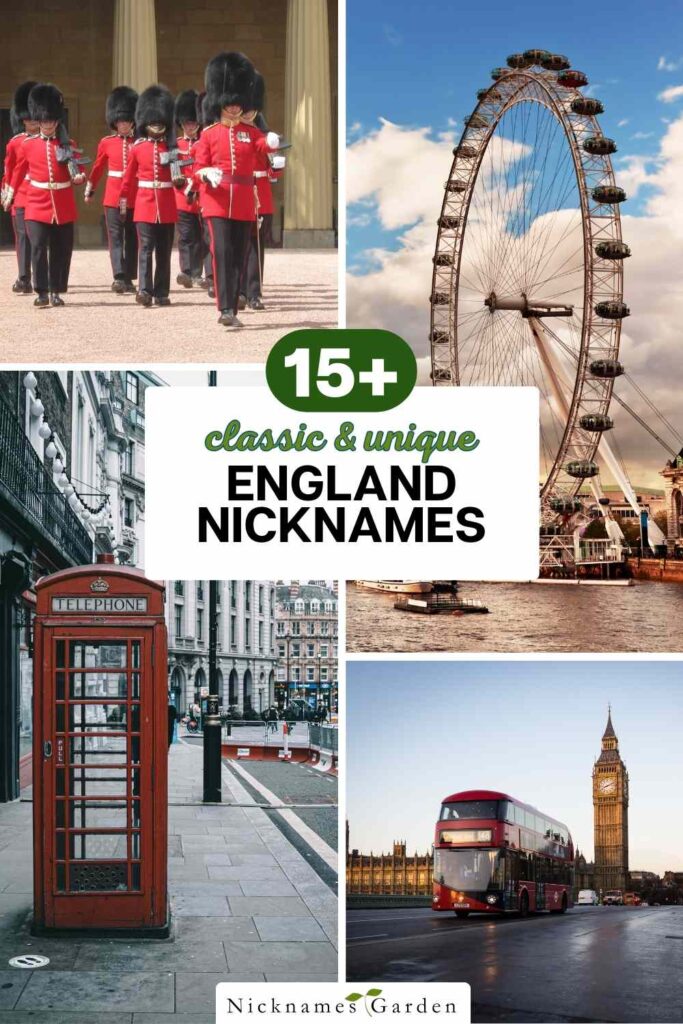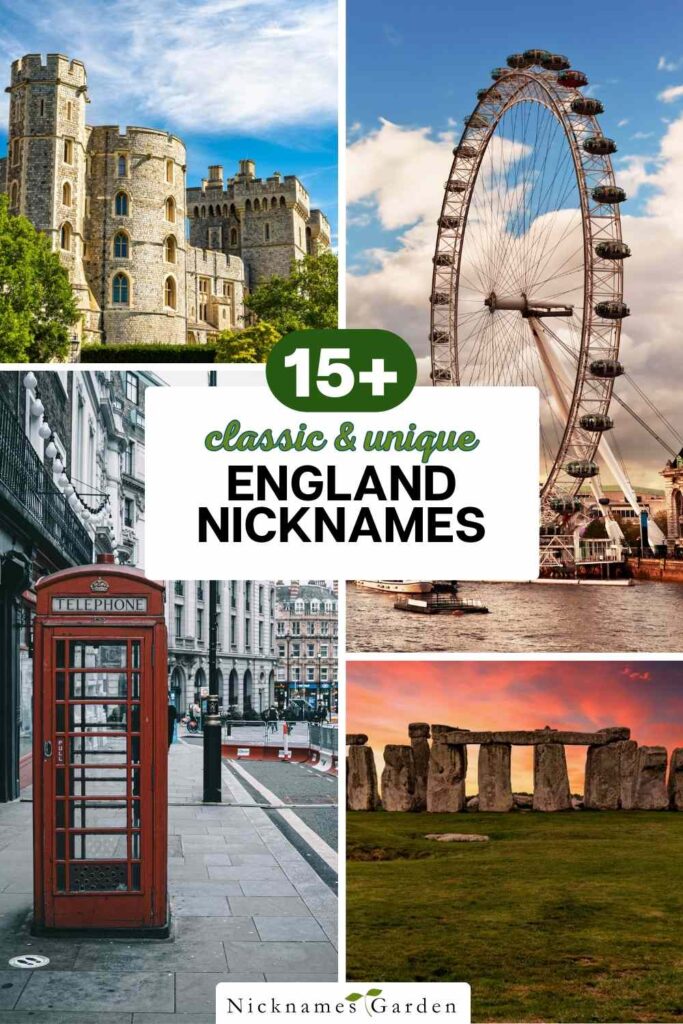Discover the fascinating world of England’s nicknames, from historical monikers to modern-day quirks.
Explore how these names shape identity and culture.
Historical Nicknames
Albion
Origin and Historical Context
- The name “Albion” is derived from the Latin word “Albus,” meaning white, likely referring to the white cliffs of Dover.
- First used by ancient Greek and Roman geographers and historians.
Usage in Literature and Poetry
- Popularized in classical literature by poets like William Blake.
- Represents a poetic and ancient vision of England, often used to evoke a sense of nostalgia and romance.
Angleland
Evolution from Angles to Modern England
- Originates from the Angles, a Germanic tribe that settled in England during the early Middle Ages.
- “Angleland” evolved into “England” over time as the language and identity of the region developed.
Historical Significance
- Reflects the early roots of English culture and society.
- Symbolizes the formation of England as a unified nation.
Merry Old England
Romanticized View of England
- Conjures images of a pastoral, idyllic countryside and a simpler, more joyful time.
- Often associated with medieval England and the Elizabethan era.
Cultural Implications and References
- Used in literature and folklore to describe a golden age of peace and prosperity.
- Popularized in songs, plays, and stories, creating an enduring image of England as a land of merriment and tradition.
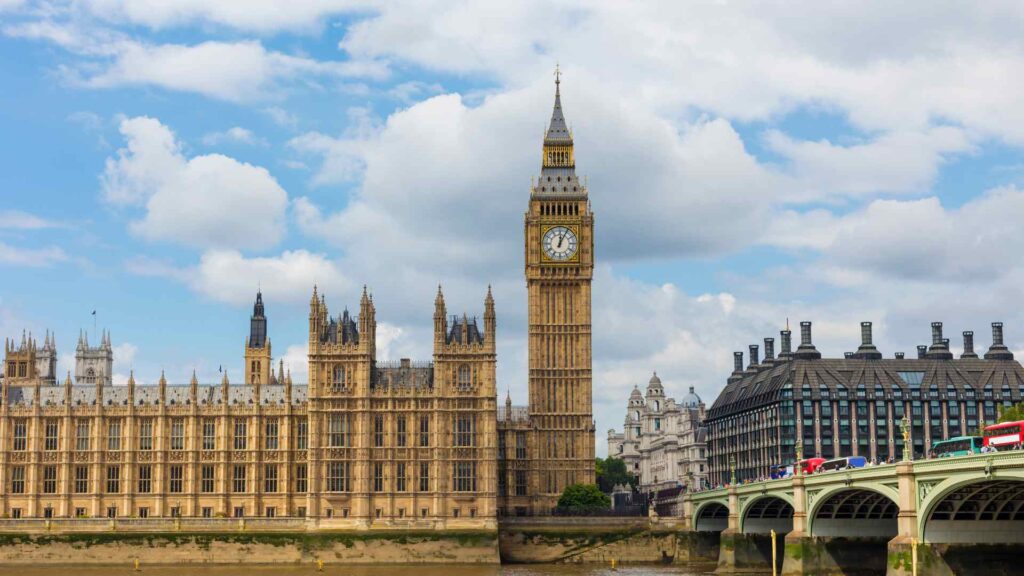
Regional Nicknames
The North
Northern Powerhouse
- Reflects the industrial strength and economic resurgence of northern England.
- Includes cities like Manchester, Liverpool, and Leeds.
Geordies, Scousers, and Mancunians
- Geordies: People from Newcastle, known for their distinct accent and friendly nature.
- Scousers: Residents of Liverpool, famous for their humor and musical heritage.
- Mancunians: Inhabitants of Manchester, renowned for their contribution to music, sports, and industry.
The South
The Home Counties
- Refers to the counties surrounding London, including Surrey, Kent, and Essex.
- Known for their affluence and picturesque landscapes.
Cockneys and West Country
- Cockneys: Traditionally from East London, characterized by a distinctive accent and rhyming slang.
- West Country: Encompasses Cornwall, Devon, and Somerset, celebrated for their rural charm and maritime heritage.
The Midlands
Heart of England
- Central region known for its rich history and industrial heritage.
- Includes cities like Birmingham, Coventry, and Nottingham.
Brummies and Black Country
- Brummies: People from Birmingham, known for their distinct dialect and vibrant cultural scene.
- Black Country: Area to the west of Birmingham, historically significant for its coal mining and steel production.
East Anglia
The Fens and Norfolk Broads
- Known for its flat landscapes, waterways, and agricultural significance.
- Includes counties like Norfolk, Suffolk, and Cambridgeshire.
West Country
Somerset, Cornwall, and Devon
- Renowned for their stunning coastlines, historic sites, and unique traditions.
- Popular tourist destinations celebrated for their natural beauty and regional cuisine.
By understanding these historical and regional nicknames, we gain insight into the rich tapestry of England’s identity and heritage.
These nicknames not only tell stories of the past but also highlight the diverse and vibrant culture that defines modern England.
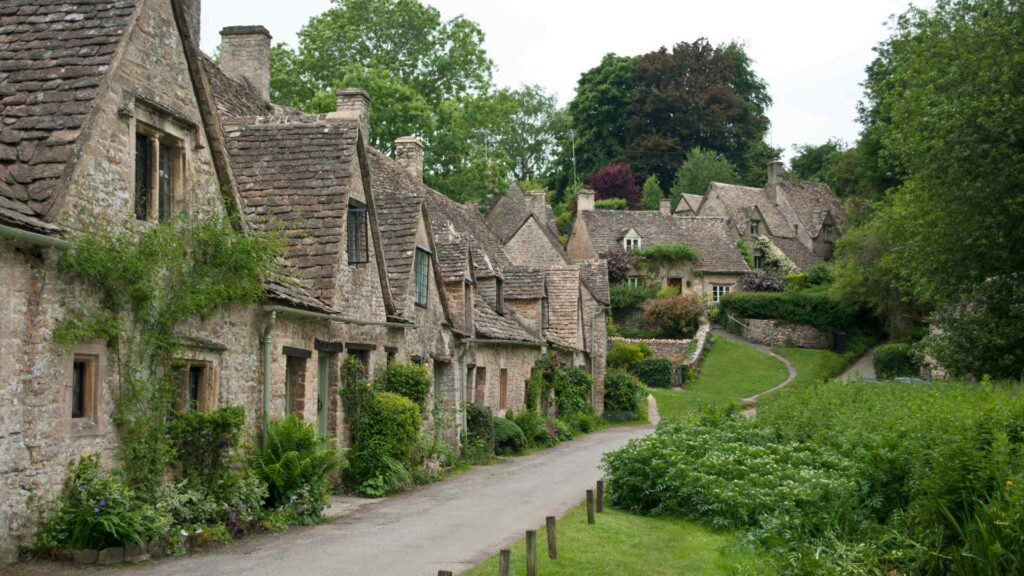
City Nicknames
London
The Big Smoke
- Originates from the industrial era when London was heavily polluted with smoke from factories.
- Reflects the city’s historical development and industrial significance.
The Old Smoke
- Similar to “The Big Smoke,” it emphasizes London’s long history and its association with industrial smog.
- Often used nostalgically to refer to the city’s past.
Manchester
Cottonopolis
- Manchester was the heart of the global cotton industry during the 19th century.
- The nickname reflects the city’s industrial heritage and economic power during the Industrial Revolution.
Madchester
- Refers to the city’s vibrant music scene in the late 1980s and early 1990s.
- Known for bands like The Stone Roses and Happy Mondays, this era put Manchester on the map as a cultural hub.
Birmingham
Brum
- A colloquial shortening of “Birmingham.”
- Widely used by locals and reflects the city’s friendly, informal nature.
The Second City
- Refers to Birmingham’s status as the second-largest city in the UK.
- Highlights the city’s significant economic and cultural contributions.
Liverpool
The Pool of Life
- Coined by writer Carl Jung, who described Liverpool as “the pool of life” due to its vibrant energy.
- Reflects the city’s dynamic spirit and cultural vitality.
The Beatles’ Hometown
- Liverpool is famously known as the birthplace of The Beatles.
- This nickname underscores the city’s enormous influence on music and pop culture.
Newcastle
Geordieland
- Refers to the residents of Newcastle, known as Geordies.
- Highlights the unique identity and cultural pride of the people from this area.
The Toon
- A local slang term for “town,” used affectionately to refer to Newcastle.
- Commonly used by football fans supporting Newcastle United, known as “The Toon Army.”
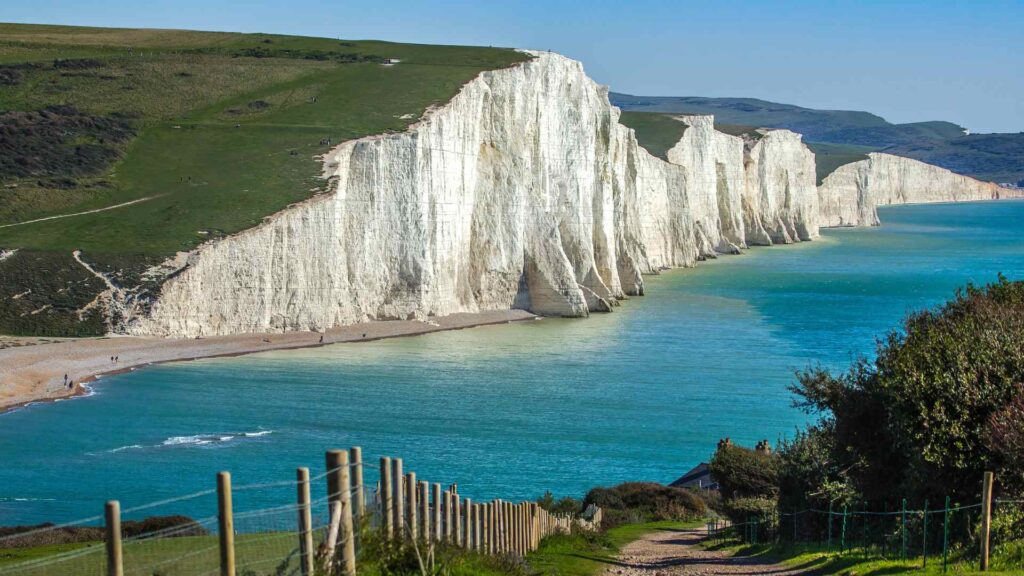
Cultural and Iconic Nicknames
The Land of Hope and Glory
National Pride and Anthem References
- Taken from the patriotic song “Land of Hope and Glory.”
- Symbolizes England’s sense of national pride and historical significance.
The Green and Pleasant Land
Literary Origins and Pastoral Imagery
- Derived from William Blake’s poem “Jerusalem.”
- Evokes images of England’s lush countryside and serene landscapes.
The Sceptered Isle
Shakespearean Origins and Interpretations
- Comes from Shakespeare’s play “Richard II,” where England is described as a “sceptered isle.”
- Highlights England’s regal and historical significance.
Blighty
Military Slang and Endearment
- A term used by British soldiers during World War I to refer to England.
- Conveys a sense of affection and homesickness.
The Mother Country
Colonial Past and Commonwealth Connections
- Refers to England’s role as the colonial power for many countries within the British Empire.
- Represents the historical and cultural ties with the Commonwealth nations.
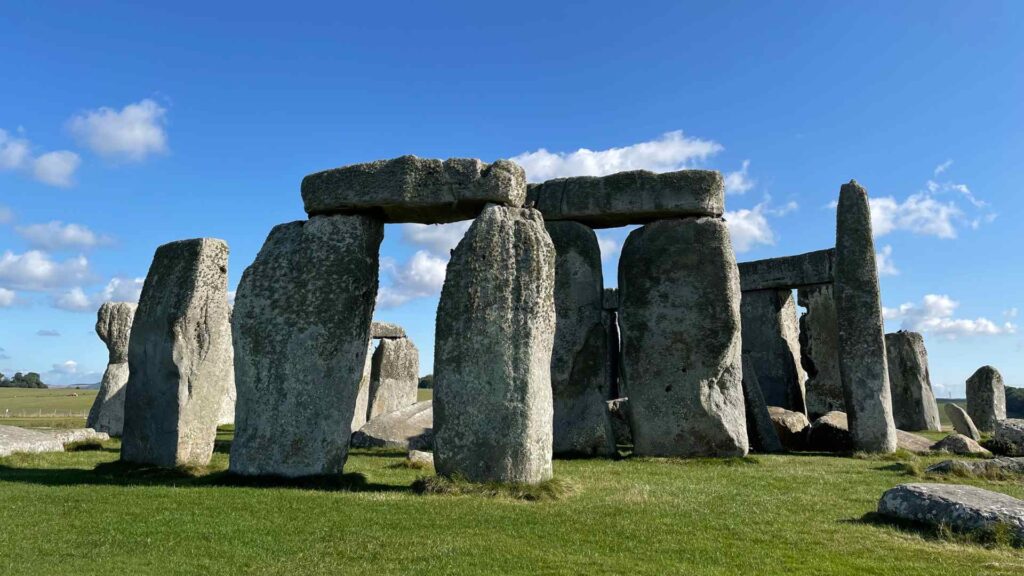
Nicknames for English Icons
The Royal Family
The Firm
- An informal term used to describe the British royal family and their close associates.
- Emphasizes the organizational and business-like aspects of the monarchy.
The House of Windsor
- The official name of the current royal house of the United Kingdom.
- Highlights the lineage and continuity of the monarchy.
Football Teams
The Three Lions (England National Team)
- Derived from the three lions on the England football team’s crest.
- Represents the national pride and spirit associated with the team.
The Red Devils (Manchester United)
- The nickname for Manchester United Football Club.
- Reflects the team’s fiery spirit and formidable presence on the field.
Historical Figures
The Iron Lady (Margaret Thatcher)
- Nickname for former Prime Minister Margaret Thatcher, known for her strong and uncompromising leadership style.
- Symbolizes her impact on British politics and society.
The Bard (William Shakespeare)
- Refers to William Shakespeare, widely regarded as one of the greatest playwrights in history.
- Emphasizes his lasting influence on English literature and culture.
These city and cultural nicknames provide a glimpse into the unique character and rich history of England. Each name carries with it stories and traditions that contribute to the nation’s identity, offering a deeper understanding of what makes England truly special.
Modern Nicknames
Silicon Fen
Cambridge and Tech Industry
- Refers to the cluster of high-tech businesses around Cambridge.
- Known for innovation and technology, similar to Silicon Valley in the US.
- Highlights Cambridge’s role as a leading center for research and development in the UK.
The Northern Powerhouse
Economic and Industrial Resurgence
- A government initiative aimed at boosting economic growth in the North of England.
- Includes cities like Manchester, Leeds, and Liverpool.
- Emphasizes the region’s potential and revitalization in industry, infrastructure, and culture.
The Creative County
Nottinghamshire and its Cultural Contributions
- Nottinghamshire is celebrated for its rich literary heritage, including connections to Robin Hood and D.H. Lawrence.
- Known for its vibrant arts scene, theaters, and festivals.
- Reflects the county’s ongoing influence in the creative industries.
Fun and Quirky Nicknames
Choccywoccydoodah Land
Cadbury and Chocolate References
- Playful nickname inspired by the famous chocolate brand Cadbury, based in Birmingham.
- Highlights the country’s love for chocolate and sweet treats.
- Evokes a whimsical, Willy Wonka-like image of a land filled with chocolate delights.
Jam and Jerusalem
The Women’s Institute and Rural Traditions
- Refers to the Women’s Institute (WI), an organization promoting home-making skills, including jam-making.
- “Jerusalem” is a hymn traditionally sung at WI meetings.
- Represents the quintessentially English rural lifestyle and community spirit.
Cider Country
Somerset and Cider Production
- Somerset is renowned for its apple orchards and cider-making tradition.
- Reflects the region’s agricultural heritage and its contribution to England’s food and drink culture.
- Evokes images of rustic countryside and traditional cider farms.
Nicknames in Pop Culture
Harry Potter’s England
The Wizarding World and Its Influence
- England is the primary setting for the Harry Potter series by J.K. Rowling.
- Famous locations like King’s Cross Station, the Hogwarts Express, and various filming sites have become tourist attractions.
- Highlights the global impact of the Harry Potter franchise on England’s cultural landscape.
Sherlock Holmes’ London
The Detective’s Iconic City
- London serves as the backdrop for Arthur Conan Doyle’s Sherlock Holmes stories.
- Key locations like Baker Street and the River Thames feature prominently.
- Reinforces London’s image as a city of mystery and intrigue.
Downton Abbey’s England
The Aristocracy and Historical Drama
- The popular TV series “Downton Abbey” is set in the early 20th-century English countryside.
- Highlights the grandeur of English stately homes and the lives of the aristocracy.
- Draws attention to England’s rich historical and cultural heritage.
How Nicknames Shape Identity
The Role of Nicknames in Fostering National Pride
- Nicknames often evoke a sense of belonging and pride among locals.
- They can capture the essence of a place, making it more relatable and memorable.
Influence on Tourism and Global Perception
- Many nicknames have become synonymous with England’s identity, attracting tourists from around the world.
- They contribute to England’s global image as a land of rich history, culture, and charm.
Personal Anecdotes and Reflections
- Share stories of how nicknames have influenced your perception of England.
- Invite readers to reflect on their own experiences and connections with these names.
